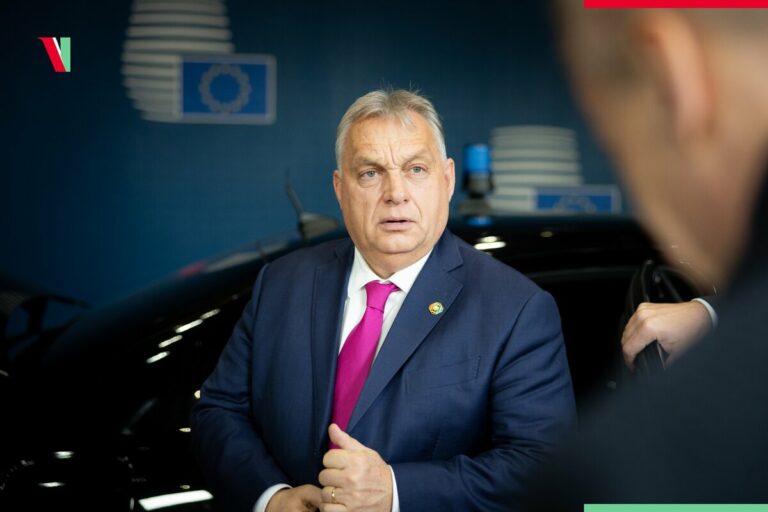Poland
Polish FM Sikorski criticises Hungary for defending Putin amid bombing of civilians

Real estate in the CEE region: Central European capitals remain affordable, but how is Budapest performing?

Fidesz claims European democracy is backsliding, citing France and Poland

Hungary to host EU’s largest military exercise

PHOTOS: Polish and Hungarian presidents celebrated the Day of Hungarian-Polish friendship in Kaposvár

Poland’s foreign minister would vote about Hungary’s exclusion from the EU

Hungarian FM harshly criticises Polish government: ‘It is trying to block peace talks’

EU affairs minister: ‘Warsaw Express never to pull into Budapest’

Orbán cabinet interferes Poland’s internal politics, claims rule of law abandoned

Hungarian 4iG Space and Defence Technologies signs MoU with US peer Axiom Space

Orbán’s cabinet statements deepen the crisis between Hungary and Poland

Hungarian EU affairs minister: EU Presidency brought about ‘historic decisions’
Hungarian minister Szijjártó: The Polish-Hungarian friendship will survive the Polish foreign minister’s scheming

Polish-Hungarian relationship may be at a historic low: is PM Orbán a persona non grata in Warsaw?

Hungary granted asylum to Marcin Romanowski, former Polish deputy justice minister

Hungary faces point of no return under Orbán, says Polish minister – from experience
Hungary calls for stronger Visegrád cooperation and economic integration at V4 Business Conference

Polish TVN in the crosshairs: Hungarian TV2 owner plans bold acquisition amid Russian influence fears





 ZH
ZH IT
IT DE
DE HR
HR NL
NL FR
FR JA
JA RO
RO RU
RU ES
ES TR
TR
